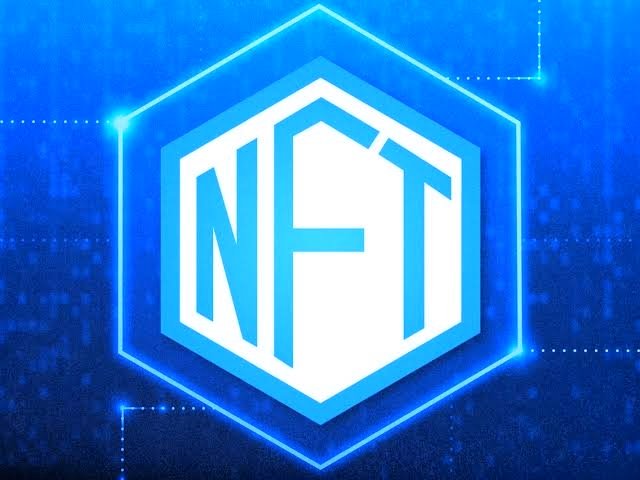NFT stands for "non-fungible token." At a fundamental level, an NFT may be a advanced resource that joins possession to special physical or computerized things, such as works of craftsmanship, genuine domain, music, or recordings.
NFTs can be considered modern-day collectibles. They're bought and sold online, and represent a digital proof of ownership of any given item. NFTs are securely recorded on a blockchain — the same technology behind cryptocurrencies — which ensures the asset is one-of-a-kind. The technology can also make it difficult to alter or counterfeit NFTs.
To really get a handle on NFTs, it's helpful to get familiar with the economic concept of fungibility.
Fungible items can be exchanged with one another with ease because their value isn't tied to their uniqueness. For example, you can exchange a $1 bill for another $1 bill, and you'll still have $1 even though your new bill has a different serial number.
Non-fungible items aren't interchangeable. With NFTs, each token has unique properties and isn't worth the same amount as other similar tokens.
So why are people shelling out so much money for NFTs? "By creating an NFT, creators are able to verify scarcity and authenticity to just about anyt".
Offering NFTs has been a profitable commerce within the art world. Here are a couple of examples you will have listened about: Digital craftsman Beeple sold "Everydays — the Primary 5000 Days" for $69.3 million through a Christie's auction. A 20-second video clip of LeBron James "Infinite Dunk #29" was sold for $208,000. A CryptoPunk NFT sold for $1.8 million at Sotheby's to begin with curated NFT sale. Twitter CEO Jack Dorsey barters an NFT of his to begin with tweet, which offers for $2.9 million.


Your post was upvoted and resteemed on @crypto.defrag
Downvoting a post can decrease pending rewards and make it less visible. Common reasons:
Submit